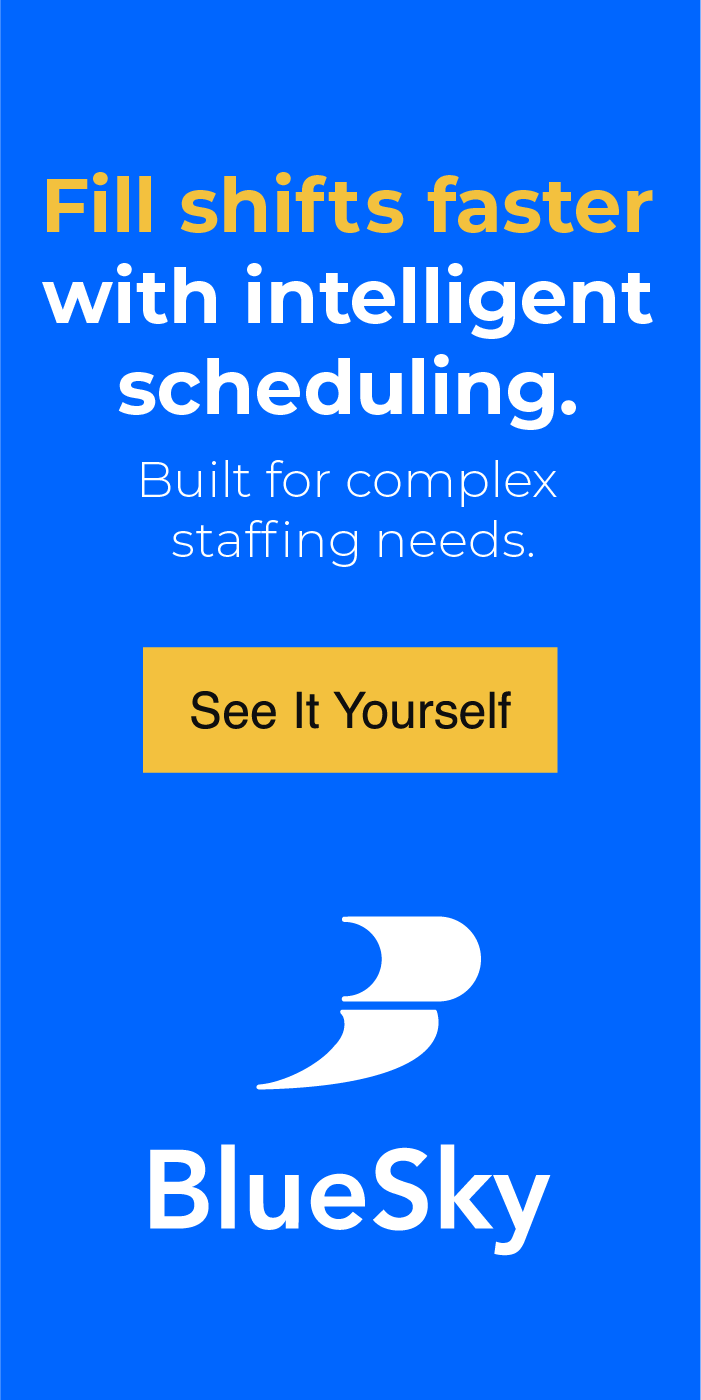As a follow up from my prior blog, “The Incestuous Nature of Healthcare Staffing VMS/MSP”, I thought it may be instructive to dig a little deeper into the real-world consequences of this growing model. This blog will hopefully help the reader decide if this practice is in fact a zero sum game. It is critical to measure the considerations of both the candidates being placed around the country, and the temporary staffing firms subcontracting their talent through these arrangements.
This focuses on three areas of the staffing industry and how they are impacted by VMS/MSP proliferation.
1. Direct Impact on the “Supply Side” – Agency Affiliation with the MSP
The first item concerns the agency affiliation through the various Managed Service Providers (MSP’s). This is a two-edged sword. Acquisition of new clients is one of the most expensive and time-consuming activities of a staffing firm. Since most MSP’s hold contracts with multiple clients, the temp firm connecting with the MSP can, by proxy, provide candidates to the hospital client. This assumption is based on the MSP “clearing” the agency to connect. Most MSP’s are interested in leveraging their reach to candidates, as clients are always mindful of the “fill rates” provided by the MSP.
The downside to this is firms that previously had agreements with the client hospital no longer can communicate or negotiate with the client. The fees charged for these pass-through invoices can also be a downside. A benefit to this arrangement is smaller staffing firms can leverage the MSP’s to indirectly work with clients they may never have acquired. There has been an uptick of staffing start-ups devoted to utilizing the MSP model to pass through candidates. However, many times they find they are placed in a lower “tier” for job releases, as they do not have the database of candidates the larger firms enjoy.
2. Direct Impact on the “Demand Side” – Hospital Engagement
The second item of interest is demand, or, the orders for talent requested. The client advantage is “one-click” distribution of requests is pushed to dozens of available vendors. What used to take non-stop phone messaging and communication now becomes a one-stop-shop. This funneling of orders through a broadcast network is an efficient model for maximizing fill rates. Many of these VMS platforms have been around for years and hospitals are very familiar with their execution. Many in the industry have complained that since many in the staffing world are paid on commission, the orders that come through the system could be “cherry picked”. Recent lawsuits have brought that into question including claims that candidates coming through the system are poached. This will ultimately be a question for the courts to decide.
3. Direct Impact on the Financial Outcomes of Subcontracting Agencies
The final item of discussion is the financial impact of the MSP model. The fees that
are associated with the MSP model are in some ways similar to the percentages that
agencies are charged for their workers compensation coverage with one major difference. The insurance fees are usually calculated as percentages of actual payrolls, whereas the VMS fees are applied to the gross revenue generated. The MSP fees are calculated for each invoice and are subtracted from the gross.
On the surface, it seems like a pretty fair percentage considering the time and effort required to acquire a new client. The basic accounting principals for staffing firms has not changed since its inception. The gross margin is the amount that is left after all labor costs for the temp staff have been calculated (i.e. a bill rate of $100 with total costs of labor at $75 will yield a gross margin of $25, or 25%). Examining the financials of the largest staffing firms in the industry show gross margins anywhere from 25% to as much as 32%. Overhead (office staff, rent, supplies, etc.) for these firms can run from 8% to 12% of total revenue. Smaller companies may not enjoy the economies of scale of larger companies, and are also tied to a bill rate they did not negotiate with the hospital.
If a smaller company with fewer resources can only manage a margin of 25%, along with operating expenses of 15%, their profit as a percentage of revenue might only be 10%, calculated as Billing Total – Cost of Labor – Overhead. If vendor management fees are pulled out of revenue at 5%, earnings are now cut in half, with VMS fees taking 50% of profit! This is probably a worst-case scenario, but it not unusual for VMS fees to take as much as 33% of earnings. (To calculate the amount your company is currently losing to VMS Fees, click here.)
Smaller Companies Are At a Disadvantage Under This Model
Considering the impact to profit, and working against fixed billing rates, the agencies only have two choices to recover profit levels; cut overhead, or cut temp labor pay. Cutting the wages of the temp workers to offset the impact of the VMS fees creates an invitation for the temp workers to move to greener pastures. In the MSP world, it makes sense that higher pay rates should be available at those agencies that do not have to pay those fees, hence the big sucking sound of candidates moving to the agencies holding the MSP contracts who do not pay those fees.
It will be interesting to see how the market evolves over the next few years within this paradigm.
BlueSky Medical Staffing Software and VMS was built for the healthcare contingent staffing industry and allows agencies to streamline and automate their entire process, while simultaneously reducing speed to market, ensuring higher quality placements, and helping you get the right people at the right time.
Ready to become your own MSP with BlueSky’s VMS? Request a demo today.

